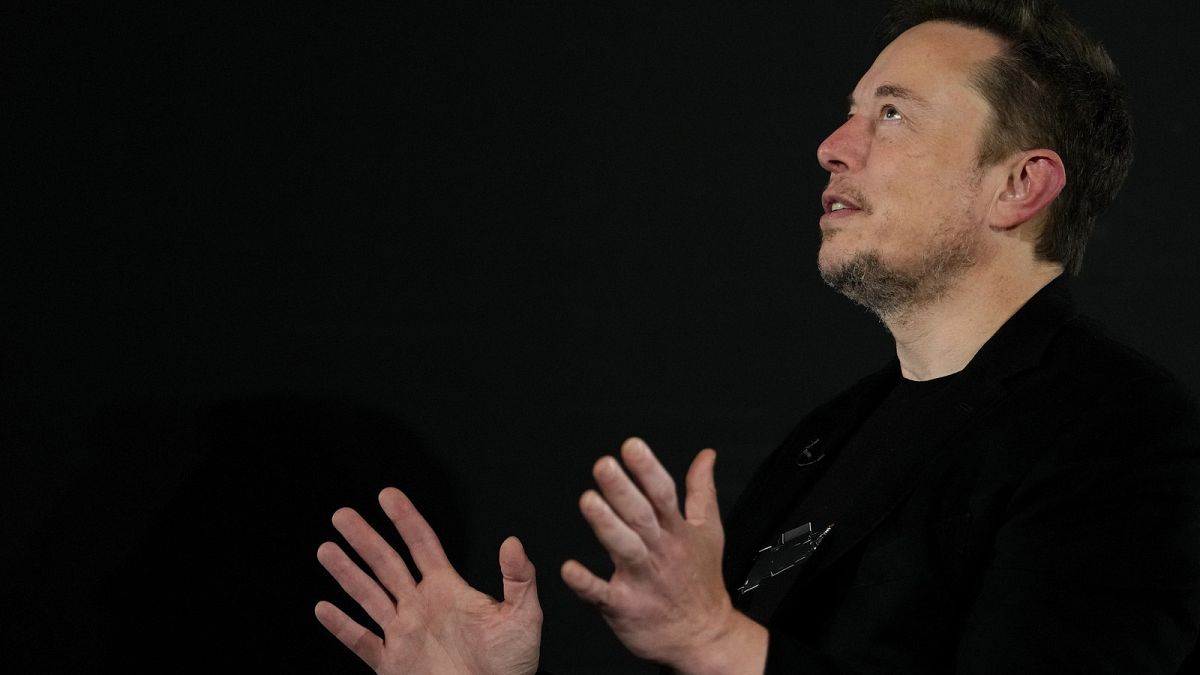‘Guardians of Nature’: Indigenous peoples, key players in protecting biodiversity

At the COP16 conference in Cali, there was a vote in favour of strengthening the status of Indigenous and local communities in future United Nations negotiations about biodiversity. This is why the European Commission lent its support to this initiative.
‘Our governments are too slow. We are here to make our voices heard by those who make the decisions, despite the fact that we are denied the opportunity to participate in negotiations’, Teddy Sinacay Tomas, spokesman for the Peruvian indigenous organisation CECONSEC at the COP16 biodiversity summit in Colombia, told Euronews.
‘The people who live in the Amazon and are defending it are the Indigenous peoples. We are asking for this right to be legally recognised, so that we can defend our lands’, he added.
Like him, many representatives of America’s Indigenous peoples had travelled to Cali to call for formal recognition of their role in preserving biodiversity.
Recognition of the role of Indigenous peoples
In the final days of the summit, the UN officially adopted Article 8J recognising the vital contribution of Indigenous communities with respect to protecting nature and biodiversity, prompting cheers of delight in the ‘Green Zone’, a section of COP16 in the centre of Cali that is open to the public.
‘If we, the Indigenous peoples, have always taken care of our mother earth, then others can too’, said Maria Cristina Pizario, from the Wounaan-Noman Indigenous community in Colombia.
The EU backing local communities
The adoption of Article 8J by the parties at COP16 was supported by the European Union, which sees itself as a global ‘leader in biodiversity’, alongside Colombia.
‘We need to recognise the importance of Indigenous peoples and their traditional knowledge and practices. When they care for the land, we see that less deforestation takes place’, Florika Fink-Hooijer, Director General of the European Commission’s Department of the Environment, told Euronews.
Deforestation is one of the main drivers of biodiversity loss worldwide, along with pollution, climate change, hunting and fishing, and invasive species.
In 2023, the European Union passed groundbreaking legislation to tackle deforestation, barring access to the European market to a range of products, such as coffee, cocoa and beef, deemed to have been produced using deforested land.
The EU also funds a large number of programmes around the world to support Indigenous peoples and local communities.
‘We can see that the projects we fund are helping to protect and restore biodiversity, as well as creating jobs’, said Ms Fink-Hooijer.
As far as the EU is concerned, we also need to recognise the role of rural populations, be they farmers or foresters. This is their land, and they are the ones actively invested in it. Those who keep ecosystems thriving must be rewarded’, she added.
A nature-based economy
The aim of the COP16 conference on biodiversity was to speed up implementation of the Global Biodiversity Framework (GBF), adopted two years previously, which sets signatories a series of targets to be achieved by 2023, including the famous 30×30, aimed at protecting 30% of land and oceans by 2030.
‘Peace with Nature’ was the theme of COP16, dubbed the ‘People’s COP’ by Colombia, which, along with the European Union, was one of the signatories that presented a detailed roadmap for achieving the GBF’s 23 biodiversity targets by 2030.
‘Today it is clear that many parties view biodiversity to be just as important as the climate issue. The aim is to link the two and put nature at the heart of our economic development’, said Sandra Valenzuela, Director General of WWF Colombia.
World News || Latest News || U.S. News
Source link



